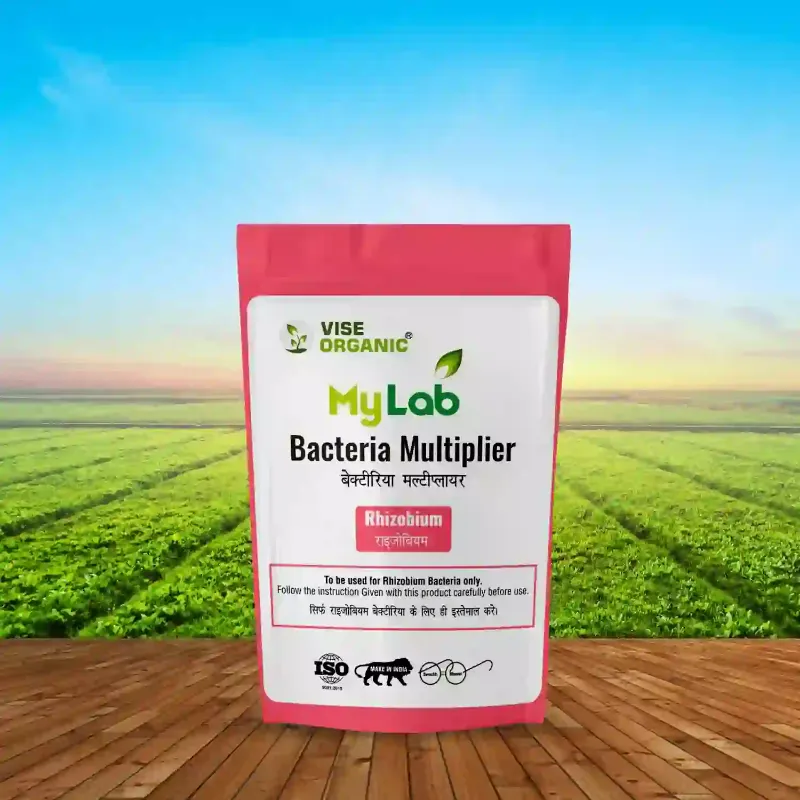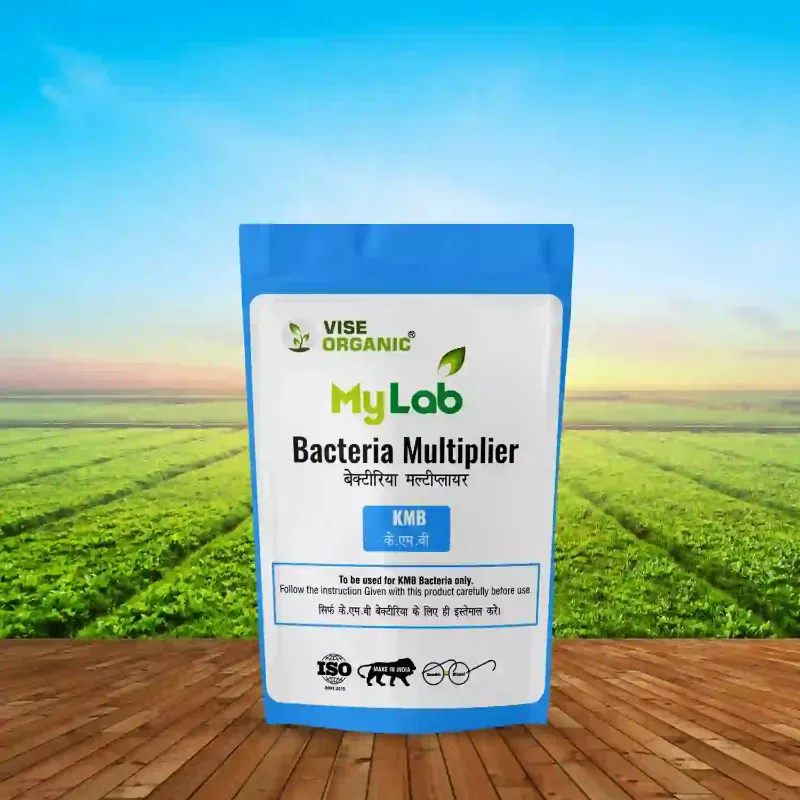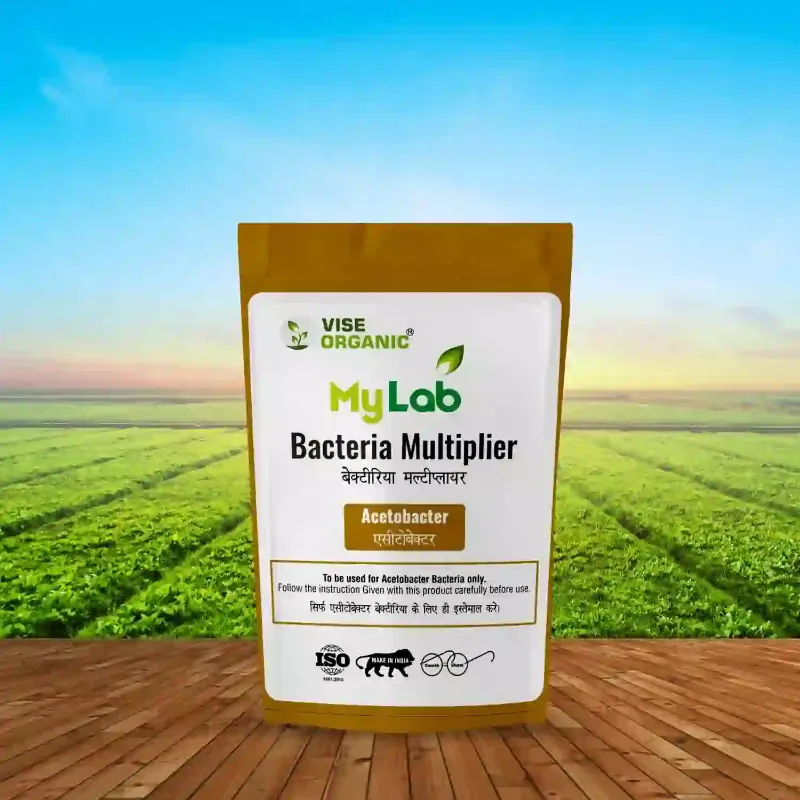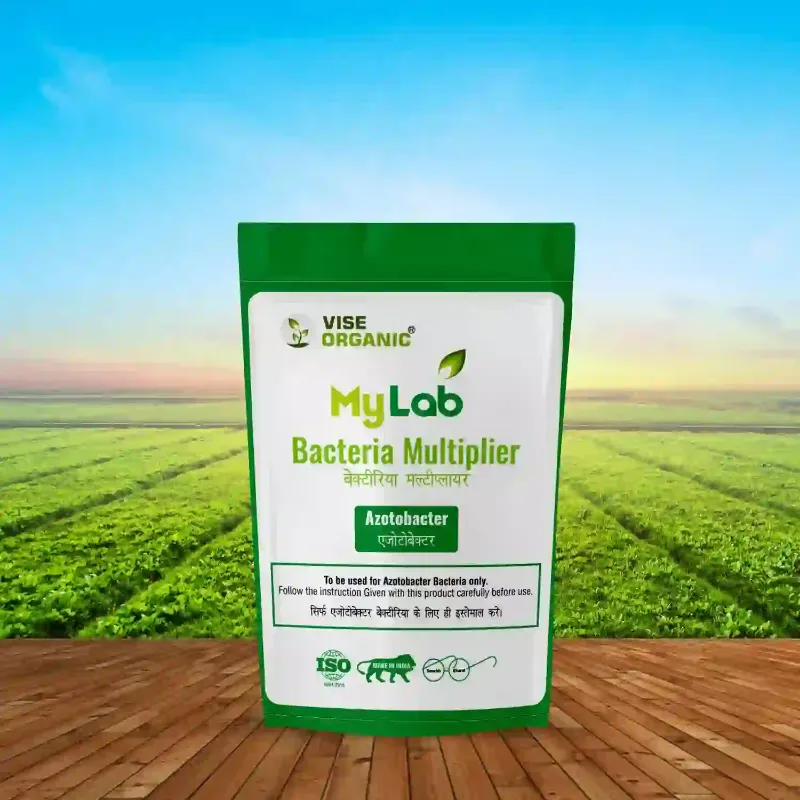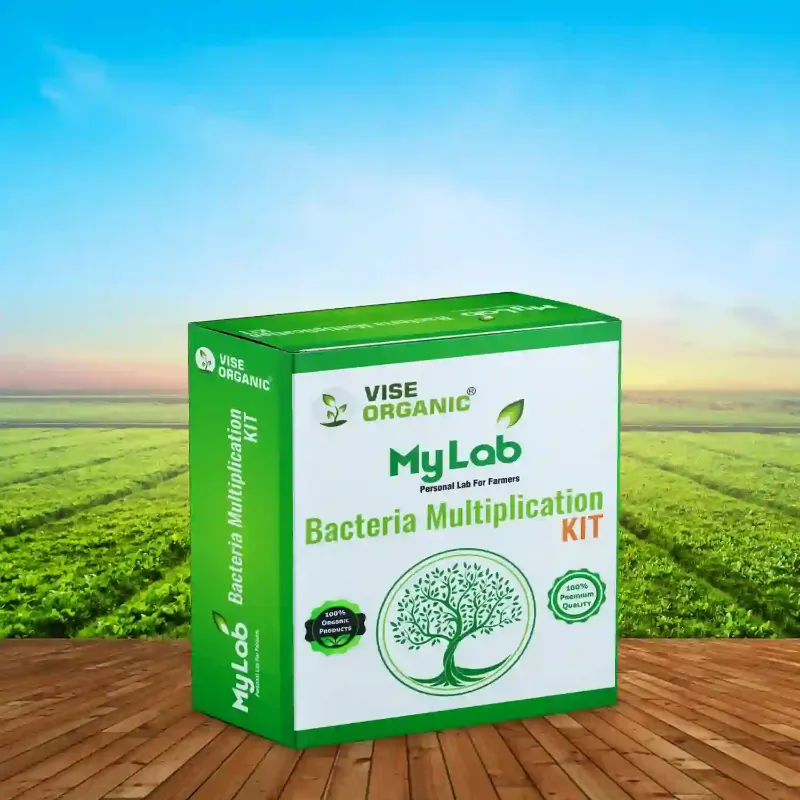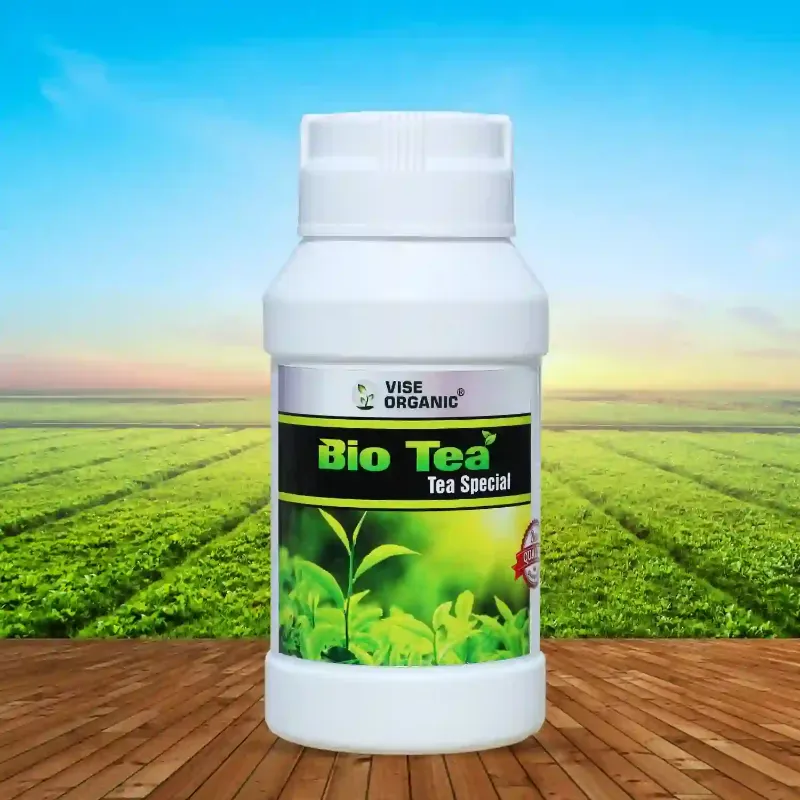Nitrogen fixation is a crucial process for the growth and development of leguminous crops, and one of the most effective ways to enhance this process is by using Rhizobium liquid-based bio-fertilizers. Rhizobium bacteria are natural nitrogen fixers, forming symbiotic relationships with leguminous plants, allowing them to convert atmospheric nitrogen into a form that the plants can use. In this blog, we’ll explore the benefits of using Rhizobium liquid-based bio-fertilizers in leguminous crops, how they contribute to sustainable agriculture, and why they are a preferred choice for farmers.
Understanding Rhizobium Liquid-Based Bio-Fertilizers
Rhizobium liquid-based bio-fertilizers are a concentrated solution of Rhizobium bacteria, specifically designed to enhance nitrogen fixation in leguminous crops such as beans, peas, lentils, and soybeans. These bacteria colonize the root nodules of the plants, where they convert atmospheric nitrogen into ammonia, a form of nitrogen that plants can readily absorb and utilize for growth.
Unlike chemical fertilizers, Rhizobium liquid-based bio-fertilizers are natural and environmentally friendly. They do not contribute to soil or water pollution and are essential for maintaining soil health. The use of Rhizobium bacteria in agriculture is a time-tested practice that has been shown to improve crop yields, reduce the need for synthetic nitrogen fertilizers, and promote sustainable farming practices.
Benefits of Rhizobium Liquid-Based Bio-Fertilizers
- Enhanced Nitrogen Fixation: Rhizobium bacteria are highly efficient at converting atmospheric nitrogen into a form that plants can use, reducing the need for synthetic nitrogen fertilizers.
- Improved Soil Fertility: The use of Rhizobium bio-fertilizers helps maintain and enhance soil fertility by naturally increasing the nitrogen content in the soil.
- Increased Crop Yields: By improving nitrogen availability, Rhizobium liquid-based bio-fertilizers contribute to higher crop yields and better plant growth.
- Cost-Effective: Rhizobium bio-fertilizers reduce the dependency on expensive chemical fertilizers, making them a cost-effective option for farmers.
- Eco-Friendly: Being a natural product, Rhizobium bio-fertilizers do not harm the environment and help promote sustainable agricultural practices.
- Improved Plant Health: By providing a steady supply of nitrogen, these bio-fertilizers enhance the overall health and resilience of leguminous crops, making them less susceptible to diseases.
- Reduced Greenhouse Gas Emissions: The use of Rhizobium bio-fertilizers helps reduce the emission of greenhouse gases associated with synthetic nitrogen fertilizer production and application.
- Compatibility with Organic Farming: Rhizobium liquid-based bio-fertilizers are ideal for organic farming systems, aligning with the principles of natural and sustainable agriculture.
How Rhizobium Liquid-Based Bio-Fertilizers Support Nitrogen Fixation in Leguminous Crops
1. Formation of Root Nodules
Rhizobium bacteria play a critical role in the formation of root nodules in leguminous plants. Once introduced into the soil or directly applied to the seeds, these bacteria invade the root hairs of the host plant, triggering the formation of nodules. Inside these nodules, the bacteria convert atmospheric nitrogen into ammonia through a process called biological nitrogen fixation. This ammonia is then assimilated by the plant, providing it with a vital nutrient needed for growth and development.
2. Reduction in Chemical Fertilizer Use
One of the significant advantages of using Rhizobium liquid-based bio-fertilizers is the reduction in the need for chemical nitrogen fertilizers. Synthetic fertilizers can be costly and often lead to environmental issues such as soil degradation, water contamination, and increased greenhouse gas emissions. Rhizobium bio-fertilizers, on the other hand, naturally provide the nitrogen that plants need, reducing the dependency on chemical inputs and promoting more sustainable farming practices.
3. Improvement of Soil Structure and Health
The regular use of Rhizobium liquid-based bio-fertilizers contributes to improved soil structure and health. As Rhizobium bacteria fix nitrogen in the soil, they enhance its nutrient profile, making it more fertile and capable of supporting plant growth. This improvement in soil health also promotes better root development, water retention, and resistance to soil-borne diseases. Over time, the continued use of bio-fertilizers can lead to healthier, more productive soils that require fewer inputs to maintain fertility.
4. Enhanced Plant Growth and Productivity
Nitrogen is a critical nutrient for plant growth, and its availability directly impacts crop productivity. Rhizobium bio-fertilizers ensure a steady supply of nitrogen to leguminous crops, resulting in stronger, healthier plants with better yields. The enhanced nitrogen availability also leads to improved flowering, pod formation, and overall plant vigor. For farmers, this translates into higher productivity and better returns on investment.
5. Promotion of Sustainable Agriculture
Sustainable agriculture is about meeting the needs of the present without compromising the ability of future generations to meet their own needs. Rhizobium liquid-based bio-fertilizers contribute to this goal by offering an eco-friendly alternative to chemical fertilizers. They help reduce the environmental footprint of farming, promote biodiversity, and support the long-term health of agricultural ecosystems. By integrating Rhizobium bio-fertilizers into their farming practices, farmers can contribute to a more sustainable and resilient agricultural system.
Conclusion
Rhizobium liquid-based bio-fertilizers are an invaluable tool for leguminous crop production, offering numerous benefits that go beyond simple nitrogen fixation. By enhancing soil fertility, reducing the need for chemical fertilizers, and promoting sustainable agriculture, these bio-fertilizers play a crucial role in modern farming practices. They support the growth and productivity of leguminous crops while also contributing to the overall health of the soil and the environment.
As farmers continue to seek out ways to improve crop yields and maintain soil health, Rhizobium liquid-based bio-fertilizers offer a proven, natural solution that aligns with the principles of sustainability and environmental stewardship. By choosing to use these bio-fertilizers, farmers can ensure that their leguminous crops receive the essential nutrients they need while also contributing to a healthier, more sustainable agricultural system for the future.


